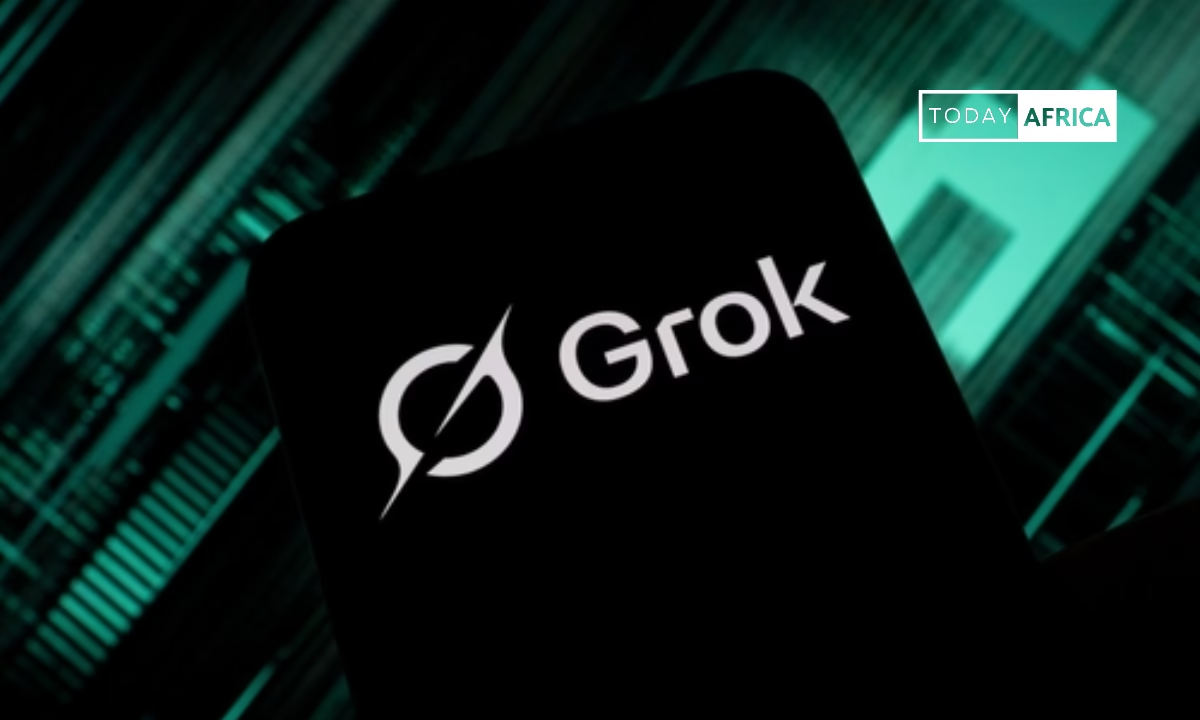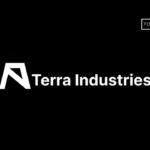Starting a business is thrilling. The idea, the hustle, the late nights, they all feel electric.
But at some point, usually sooner than you expect, reality sets in: you cannot do it alone. That’s when hiring your first 10 employees becomes less of a milestone and more of a make-or-break moment.
Hiring these first few people isn’t just about filling roles. It’s about shaping your company culture, establishing systems, and setting up a foundation that will carry your startup forward.
Done well, it can accelerate growth. Done poorly, it can drain your time, money, and morale faster than you can imagine.
This article delves into what founders often learn the hard way, explores effective strategies, and provides guidance on how to avoid common mistakes.
Why your first hires matter
The first 10 employees do more than just execute tasks; they define your company. Their work, attitudes, and values will permeate every aspect of your business.
The cost of a bad hire
Hiring mistakes are expensive. According to the U.S. Department of Labour, a bad hire can cost up to 30% of that employee’s first-year salary. In a startup, that cost isn’t just financial; it’s lost momentum, wasted energy, and, sometimes, fractured morale.
Take Monzo, the UK-based fintech. In its early days, hiring engineers who weren’t aligned with the fast-moving, user-focused culture slowed product development. Even a small mismatch can have outsized consequences in a small team.
The ripple effect on culture
Culture isn’t something you can retrofit later. Your first hires inherit the culture you’re creating. They influence work ethic, collaboration, and even problem-solving styles. If a new hire doesn’t fit your values, it can affect team dynamics and create friction.
On the other hand, if you hire people who embody your vision, they can help you scale that culture naturally. Airbnb’s first employees, for example, were chosen not just for skill but for adaptability and willingness to dive into messy challenges. That cultural alignment was a cornerstone of their early success.
Planning before you hire
Jumping into hiring without a plan is a common rookie mistake. Taking time to strategize increases the odds of long-term success.
Define roles clearly
Early startups often blur job descriptions. One person might be handling sales, marketing, customer service, and product tasks. While versatility is useful, clarity is critical. Define responsibilities, expectations, and priorities upfront.
A tool like RACI (Responsible, Accountable, Consulted, Informed) can help map out who does what. This prevents confusion and ensures everyone knows their role in achieving key objectives.
Forecast your growth
Budgeting and timing are just as important as hiring skills. Ask yourself: Can your business sustain a full-time employee, or should you start with a contractor? Misjudging this can strain cash flow and cut runway.
Buffer provides a strong example: the startup initially relied on contractors for content marketing until revenues stabilized enough to justify full-time hires.
Planning hires around growth ensures your team scales with your business, not ahead of it.
Read Also: 7 Pricing Strategies that Actually Work in African Markets
Finding the right talent
Finding people who can thrive in a startup is a different challenge from recruiting for established companies. Skills are important, but fit and adaptability matter even more.
Look beyond the resume
Early hires must wear multiple hats and navigate uncertainty. Look for problem-solvers, self-starters, and people comfortable in ambiguity. Skills can be taught; mindset cannot.
Airbnb’s early employees were recruited for their willingness to experiment and learn on the job, not just their technical expertise. The result was a team that could pivot, iterate, and thrive in a constantly changing environment.

Leverage your network
Referrals are often the fastest and most reliable way to find early talent. According to LinkedIn, referred candidates are 15% more likely to stay long-term and outperform others.
Reach out to mentors, advisors, investors, and trusted contacts for introductions.
Networking isn’t just about filling positions; it’s about finding people who are aligned with your mission and who come with a personal recommendation. That’s invaluable in a small team where trust matters.
Read Also: How to Build a Brand Customers Love (and Keep Coming Back To)
Interviewing like a pro
Interviewing in a startup context is about more than checking off skills. It’s about understanding how someone will operate in your environment.
Behavioral questions over technical ones
Instead of only testing technical ability, ask questions that reveal mindset, adaptability, and problem-solving. For instance:
- “Tell me about a time you solved a problem with limited resources.”
- “Describe a situation where you had to pivot quickly.”
Answers to these questions reveal resilience, creativity, and fit for a fast-moving environment, qualities often more important than experience alone.
Involve the team
Even if you’re tiny, involve current employees in interviews. They bring insight into team dynamics and culture fit, and involving them signals to candidates that collaboration is valued.
Test for adaptability
Startups are unpredictable. Candidates who thrive in large corporate structures may struggle in a small, fast-moving team. Consider practical exercises, trial projects, or scenario-based questions that mimic real challenges your company faces.
Onboarding and retention
Hiring is only the beginning. How you integrate employees determines whether they thrive or leave.
Create a structured onboarding process
Skipping onboarding is a common mistake. Even a 30-day plan that covers company vision, tools, role expectations, and introductions can make a huge difference.
Dropbox is a great example: they combine mentorship, hands-on projects, and weekly check-ins in their onboarding. New hires become productive faster and feel more engaged.
Prioritize feedback and communication
Early employees need frequent feedback. Weekly one-on-ones, retrospectives, and open communication channels help catch problems early and reinforce alignment.
Retention isn’t just about salary; it’s about purpose, recognition, and growth. Founders who celebrate wins, involve employees in decisions, and invest in their development often retain top talent longer.
Read Also: African Entrepreneur’s Toolkit: Free Apps and Resources to Start Smart
Legal, payroll, and compliance
Founders often underestimate the administrative side of hiring. Getting it wrong can be costly.
Understand employment laws
Even small startups must comply with labor laws regarding contracts, benefits, workplace safety, and termination procedures. Consult an employment lawyer or HR expert to avoid fines and legal headaches.
Set up payroll and benefits early
Automating payroll and offering basic benefits like health insurance, flexible hours, or equity helps attract and retain talent. According to a 2022 Gusto report, startups offering comprehensive benefits see a 30% higher retention rate in the first three years.
Consider equity as incentive
Early employees often accept lower salaries in exchange for equity. Structuring stock options carefully, with clear vesting schedules, aligns incentives and keeps employees motivated to help the company succeed.
Read Also: How to Find a Co-founder Who Complements Your Strengths
Learning from mistakes
No founder nails hiring on the first try. The key is to learn, iterate, and improve.
1. Analyze each hire
When someone doesn’t work out, do a post-mortem. Identify whether the mismatch was skills-based, culture-related, or due to unclear expectations. Use these insights to improve your future hiring process.
2. Embrace iteration
Hiring is a continuous learning process. Document lessons, refine interview questions, and evolve criteria. The founders who succeed are those who adapt quickly and treat hiring as an evolving experiment rather than a one-time task.

3. Accept imperfection
Early hires will make mistakes, and you will too. The goal isn’t perfection, it’s building a resilient, aligned team that grows with the company. A few missteps are inevitable, but learning from them makes your startup stronger.
Conclusion
Hiring your first 10 employees is exhilarating, daunting, and full of lessons that only experience can teach.
From defining roles to prioritizing culture, from strategic interviewing to structured onboarding, each decision shapes the trajectory of your startup.
Approach hiring thoughtfully, leverage your network, and invest in people who share your vision. Your early team will become the foundation of your company’s growth, culture, and success.
The first hires set the tone for everything that follows. Take your time, plan wisely, and remember: building a great team is one of the most valuable investments you can make as a founder.
FAQs
How many employees should I hire first?
For most startups, the first 10 hires are crucial. Start small, prioritize essential roles, and grow as revenue allows.
Should I hire generalists or specialists?
Early-stage startups benefit more from adaptable generalists who can wear multiple hats. Specialists are more useful as your company scales.
How can I ensure cultural fit?
Define your company values clearly, involve your team in interviews, and observe how candidates handle real-world challenges.
What’s the biggest mistake founders make when hiring first employees?
Rushing into hires without a clear plan, budget, or understanding of culture fit.
How do I retain my first employees?
Provide purpose, feedback, growth opportunities, and recognition. Benefits and fair compensation matter too, but culture and engagement are key.
Leave a comment and follow us on social media for more tips:
- Facebook: Today Africa
- Instagram: Today Africa
- Twitter: Today Africa
- LinkedIn: Today Africa
- YouTube: Today Africa Studio
















